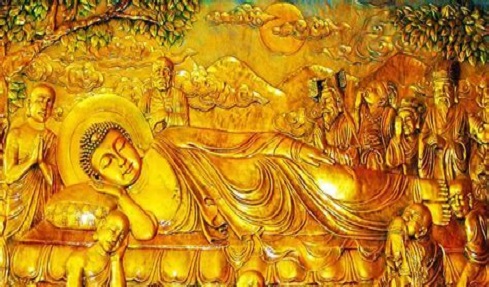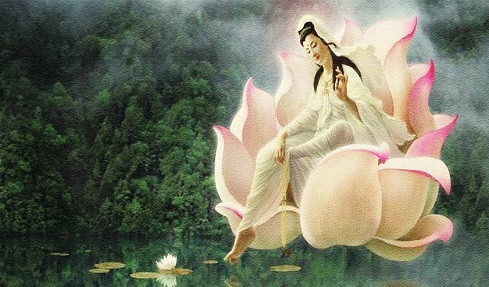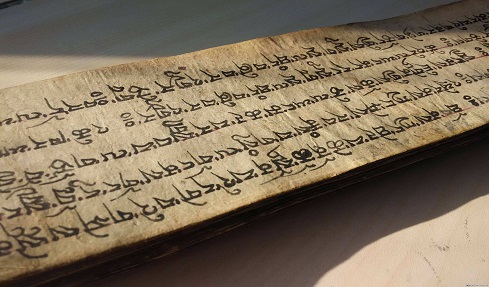Whether it is the temporary happiness we experience in everyday life, or the everlasting happiness one attains after transcending samsara, neither originate from a life based on material pursuit but from peace and freedom of the mind. When the mind is occupied by hate, selfishness, and desire, it is not free. To attain lasting freedom, the mind must be rid of the poisons of desire, anger, delusion, and arrogance.
~ Depicted from ARE U READY FOR HAPPINESS : The Practice of Realizing Emptiness - How to Face Happiness











